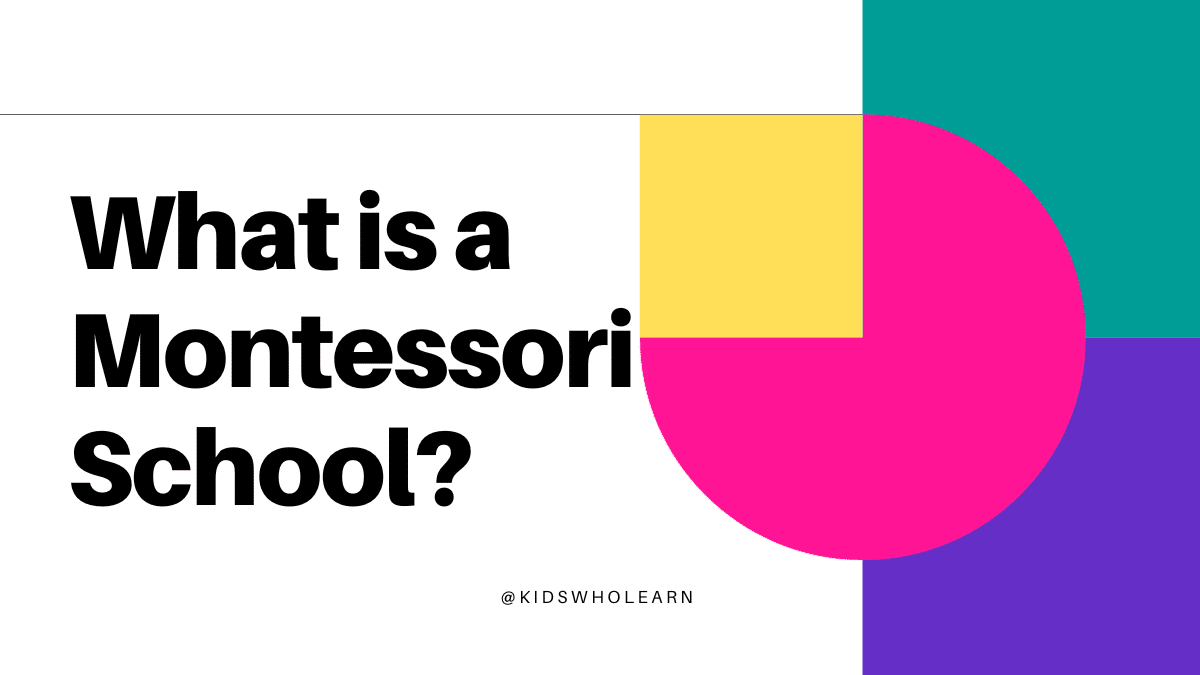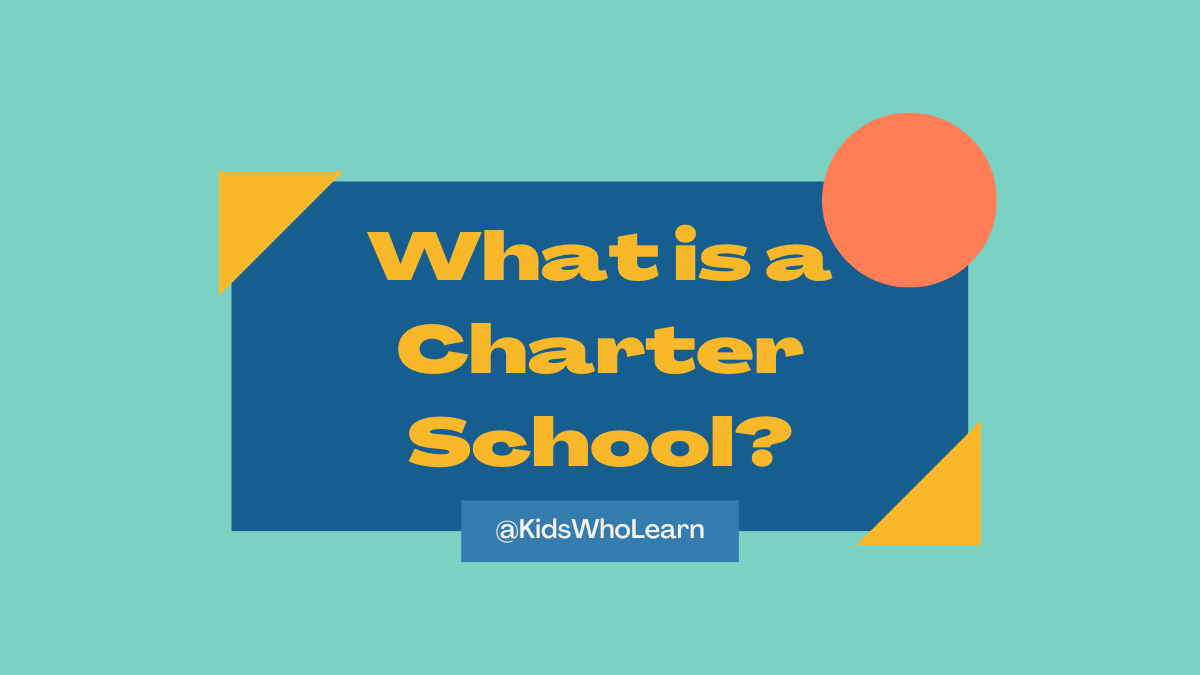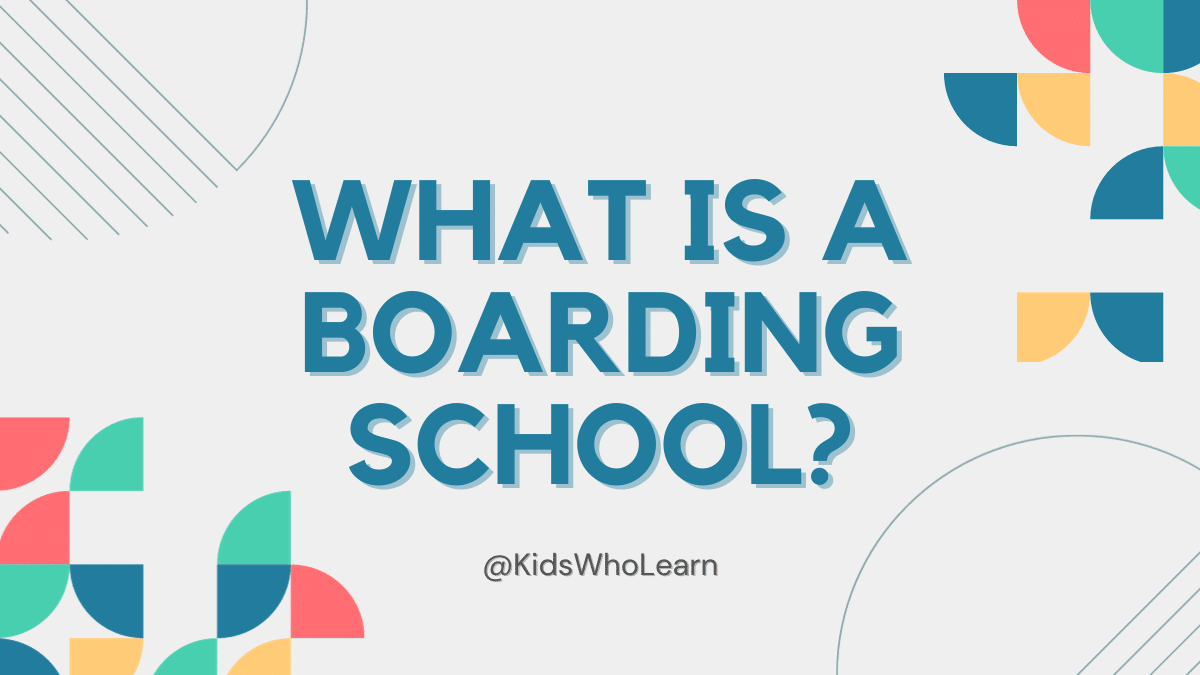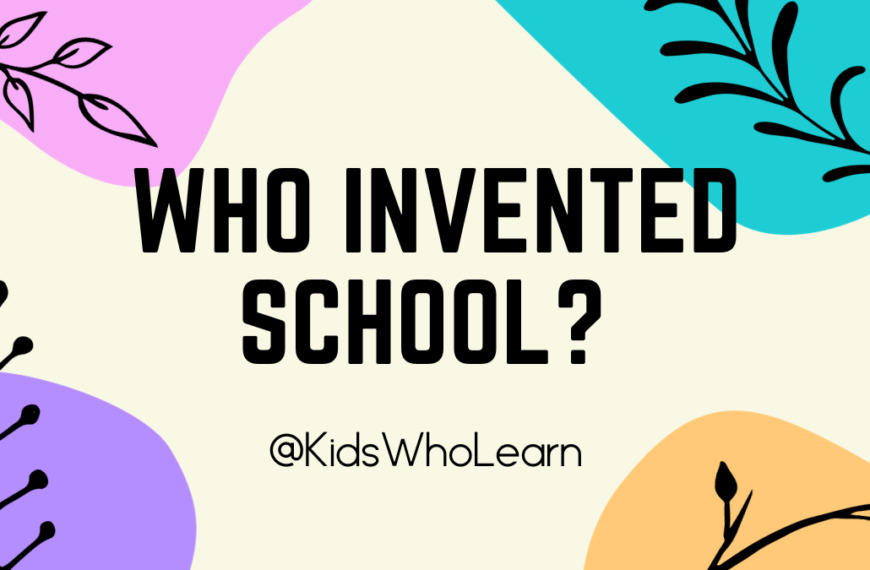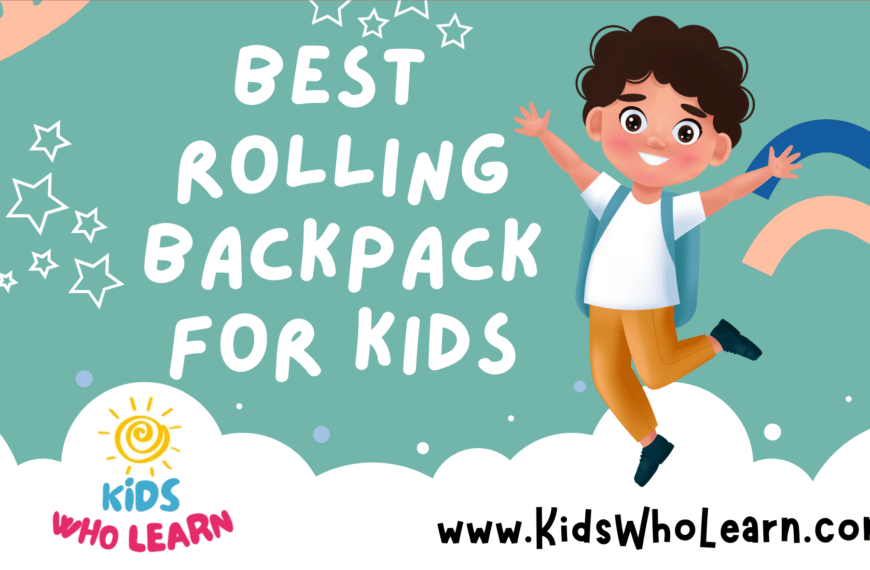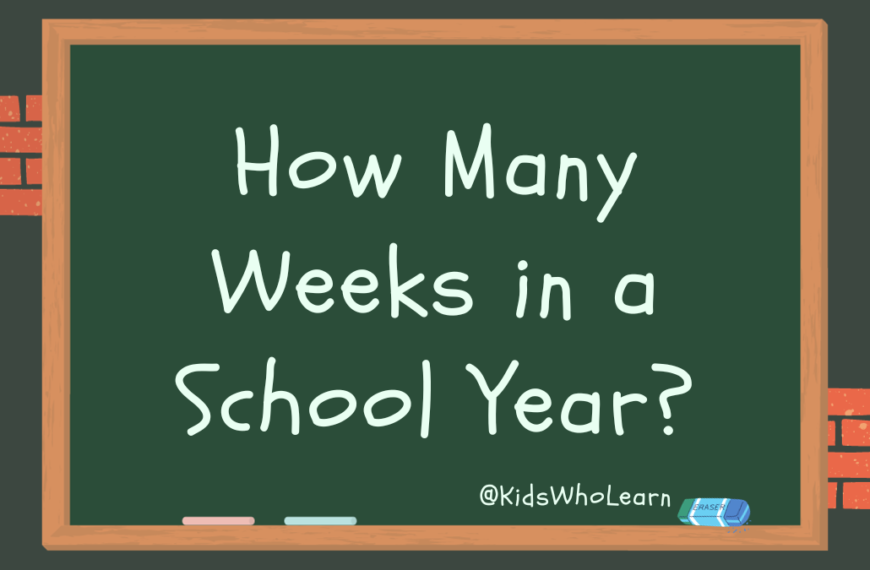If you’re a parent or caregiver looking for a school for your child, you may have heard about Montessori education. But what is a Montessori school, exactly? Montessori schools are based on the educational philosophy of Maria Montessori, an Italian physician and educator who developed a child-centered approach to learning in the early 20th century.
Montessori education emphasizes independence, self-direction, and hands-on learning. In a Montessori classroom, children are encouraged to explore and learn at their own pace, with guidance from trained teachers. Rather than following a strict curriculum, children are free to choose from a variety of activities and materials that are designed to promote learning in a fun and engaging way.
Key Takeaways
- Montessori schools are based on the educational philosophy of Maria Montessori, emphasizing independence, self-direction, and hands-on learning.
- In a Montessori classroom, children are encouraged to explore and learn at their own pace, with guidance from trained teachers.
- Montessori education promotes learning in a fun and engaging way, with a focus on the whole child.
What is a Montessori School?
A Montessori School is a type of educational institution that follows the principles of the Montessori method. Developed by Dr. Maria Montessori in the early 1900s, this method emphasizes the importance of child-led learning and individualized education.
In a Montessori School, children are encouraged to learn at their own pace and to follow their own interests. The classroom is designed to be a peaceful, inviting environment that promotes exploration and discovery. Children are given the freedom to choose their own work, and are encouraged to collaborate with their peers.
One of the key features of a Montessori School is the use of specially designed materials. These materials are designed to be self-correcting, so that children can learn from their own mistakes. They are also designed to be engaging and interactive, so that children can learn through hands-on experience.
Montessori Schools typically serve children from infancy through adolescence, and may offer programs for toddlers, preschoolers, and elementary school students. Some Montessori Schools also offer programs for older students, including middle school and high school.
Overall, a Montessori School is a unique and innovative approach to education that emphasizes the importance of individualized learning and child-led exploration. If you are looking for an educational environment that fosters creativity, independence, and a love of learning, a Montessori School may be the perfect choice for you and your child.
History of Montessori Education
Montessori education was founded by Dr. Maria Montessori in the early 1900s. She was the first woman in Italy to become a physician, and her background in medicine heavily influenced her approach to education.
Dr. Montessori began her work with children who were considered “unteachable” due to their disabilities. She developed a unique teaching method that focused on allowing children to learn at their own pace and in their own way. Her approach emphasized hands-on learning, self-directed activity, and collaborative play.
The first Montessori school was opened in Rome in 1907, and the method quickly gained popularity around the world. By the 1920s, Montessori schools were established in the United States and other countries.
During World War II, Montessori education declined in popularity due to political conflicts and a focus on traditional education methods. However, in the 1960s and 1970s, the method experienced a resurgence as parents and educators sought alternative approaches to education.
Today, Montessori education is practiced in schools around the world, and the method continues to evolve and adapt to modern educational needs.
Montessori Education Principles
Child-Centered Approach
In a Montessori school, the child is at the center of the learning process. The teacher acts as a guide, providing support and encouragement, but ultimately it is up to the child to take ownership of their learning. This approach fosters independence, responsibility, and a sense of self-motivation in the child.
Prepared Environment
The Montessori classroom is designed to promote exploration and discovery. The environment is carefully prepared to meet the needs of the child, with materials and activities that are age-appropriate and engaging. The classroom is organized into areas of learning, such as practical life, sensorial, language, math, and cultural studies. Each area has its own set of materials and activities that are designed to help the child develop specific skills and knowledge.
Montessori Materials
Montessori materials are unique and carefully designed to promote hands-on learning. They are often made of natural materials, such as wood, and are designed to be self-correcting. This means that the child can learn from their mistakes and make corrections on their own. The materials are also designed to be used in a specific sequence, allowing the child to progress at their own pace.
Self-Directed Learning
In a Montessori school, the child is encouraged to take responsibility for their own learning. They are given the freedom to choose their own activities and materials, within the limits of the prepared environment. This approach promotes self-directed learning, which helps the child develop a sense of independence and self-confidence. The teacher observes the child’s progress and provides guidance and support as needed.
Overall, Montessori education principles are designed to promote the holistic development of the child. By providing a child-centered, prepared environment with unique materials and a focus on self-directed learning, Montessori schools help children develop independence, responsibility, and a love of learning.
Benefits of Montessori Education
If you’re considering a Montessori education for your child, you may be wondering what benefits this approach can offer. Here are some of the key advantages of a Montessori education:
1. Individualized Learning
One of the biggest benefits of a Montessori education is that it is tailored to each individual child’s needs and interests. Rather than following a one-size-fits-all curriculum, Montessori teachers observe each child and provide materials and activities that are appropriate for their level of development and learning style.
2. Hands-On Learning
Montessori classrooms are designed to be hands-on and interactive, with a focus on learning through exploration and discovery. Children are encouraged to use all of their senses to learn about the world around them, and to engage in activities that promote problem-solving, critical thinking, and creativity.
3. Focus on Independence and Responsibility
Montessori education places a strong emphasis on developing independence and responsibility in children. From a young age, children are encouraged to take care of themselves and their environment, and to work collaboratively with others to achieve common goals.
4. Respect for the Child
Montessori education is founded on a deep respect for the child as an individual with unique strengths, interests, and needs. Montessori teachers aim to create a nurturing and supportive environment that allows each child to thrive and reach their full potential.
5. Preparation for Life
Finally, Montessori education is designed to prepare children for life beyond the classroom. By focusing on skills such as problem-solving, critical thinking, and collaboration, Montessori education equips children with the tools they need to succeed in the real world.
Challenges in Montessori Education
Montessori education is a unique approach to learning that requires a significant amount of dedication and effort from both teachers and students. While there are many benefits to this type of education, there are also some challenges that must be overcome to ensure that students receive the best possible education.
One of the biggest challenges in Montessori education is creating an environment that is conducive to learning. Montessori classrooms are designed to be open and unstructured, which can be difficult for some students to adjust to. Additionally, many Montessori schools have mixed-age classrooms, which can be challenging for teachers to manage effectively.
Another challenge in Montessori education is ensuring that students are able to develop the necessary skills to succeed in traditional academic environments. While Montessori education is focused on hands-on learning and exploration, it is still important for students to develop strong reading, writing, and math skills. This can be a challenge for some students who are used to more traditional teaching methods.
Finally, Montessori education can be expensive, which can be a barrier for some families. While there are some public Montessori schools, many are private and require tuition payments. This can make it difficult for families who cannot afford to pay for this type of education.
Overall, while there are certainly challenges in Montessori education, the benefits often outweigh the difficulties. With the right support and dedication, students can thrive in a Montessori environment and develop the skills they need to succeed in all areas of their lives.
How to Choose a Montessori School
If you are considering a Montessori education for your child, it is important to choose a school that aligns with your values and priorities. Here are some factors to consider when choosing a Montessori school:
Accreditation
Look for a Montessori school that is accredited by a recognized organization, such as the American Montessori Society (AMS) or the Association Montessori Internationale (AMI). Accreditation ensures that the school meets certain standards and follows the principles of Montessori education.
School Environment
The school environment should be designed to support Montessori principles, with child-sized furniture, materials, and activities that promote independence and exploration. Look for a school that has a peaceful and orderly atmosphere, where children are free to move around and choose their own activities.
Teacher Qualifications
Montessori teachers should have specialized training in Montessori education, in addition to a bachelor’s degree in education or a related field. Look for a school where teachers have completed a Montessori teacher training program that is accredited by AMS or AMI.
In addition to these factors, it is important to visit the school and observe the classrooms in action. Look for a school where the teachers are warm and nurturing, and where the children are engaged and happy. Ask questions about the school’s philosophy and approach to discipline, and make sure that it aligns with your own values.
Choosing a Montessori school can be a big decision, but by considering these factors and doing your research, you can find a school that is the right fit for your child.
Conclusion
In conclusion, Montessori schools offer a unique approach to education that focuses on the individual needs and interests of each child. The Montessori method emphasizes hands-on learning, self-directed exploration, and a collaborative learning environment.
By providing children with a well-rounded education that includes practical life skills, social skills, and academic knowledge, Montessori schools prepare students for success in all areas of life. The use of mixed-age classrooms also allows for peer mentoring and leadership opportunities that foster a sense of community and responsibility.
While Montessori schools may not be the right fit for every family, they offer a valuable alternative to traditional education that can benefit many children. If you’re looking for a school that values creativity, independence, and a love of learning, a Montessori education may be worth considering.
Overall, Montessori schools provide a nurturing and supportive environment that encourages children to reach their full potential. With a focus on individualized learning and a holistic approach to education, Montessori schools help children develop the skills and knowledge they need to succeed in life.
Frequently Asked Questions
How does the Montessori method of education differ from traditional methods?
The Montessori method of education differs from traditional methods in several ways. Firstly, in Montessori schools, children are encouraged to learn at their own pace and follow their interests, while in traditional schools, all children are taught the same curriculum at the same pace. Secondly, Montessori classrooms are designed to be child-centered, with teachers acting as guides rather than lecturers. Thirdly, Montessori schools focus on developing the whole child, including their social, emotional, and cognitive development, while traditional schools often prioritize academic achievement.
What are the five principles of the Montessori method?
The five principles of the Montessori method are respect for the child, the absorbent mind, sensitive periods, the prepared environment, and auto-education. Respect for the child means treating each child as an individual with their own unique needs and abilities. The absorbent mind refers to the child’s ability to learn effortlessly and unconsciously from their environment. Sensitive periods are times when a child is particularly receptive to learning a specific skill or concept. The prepared environment is designed to facilitate the child’s learning and development. Auto-education means that the child is capable of learning on their own through exploration and discovery.
What is the main purpose of a Montessori school?
The main purpose of a Montessori school is to provide an environment where children can develop their full potential. Montessori schools aim to foster independence, creativity, and a love of learning in each child. They also aim to develop the whole child, including their social, emotional, and cognitive development.
How do Montessori schools use materials to teach?
Montessori schools use materials to teach by providing children with hands-on learning experiences. The materials are designed to be self-correcting, so children can learn independently. The materials are also designed to be sequential, so children can build upon their knowledge and skills. Montessori materials are typically made of natural materials, such as wood, and are aesthetically pleasing.
What can parents do to incorporate Montessori principles at home?
Parents can incorporate Montessori principles at home by creating a prepared environment that is child-centered and promotes independence. This can include child-sized furniture, child-friendly tools, and materials that encourage exploration and discovery. Parents can also encourage their children to follow their interests and learn at their own pace.
What are the qualifications of a Montessori teacher?
Montessori teachers are trained in the Montessori method of education. They typically have a bachelor’s degree and a Montessori teaching credential. Montessori teacher training programs vary in length and intensity, but they all include coursework in child development, Montessori philosophy, and classroom management. Montessori teachers are also required to complete ongoing professional development to maintain their credentials.

